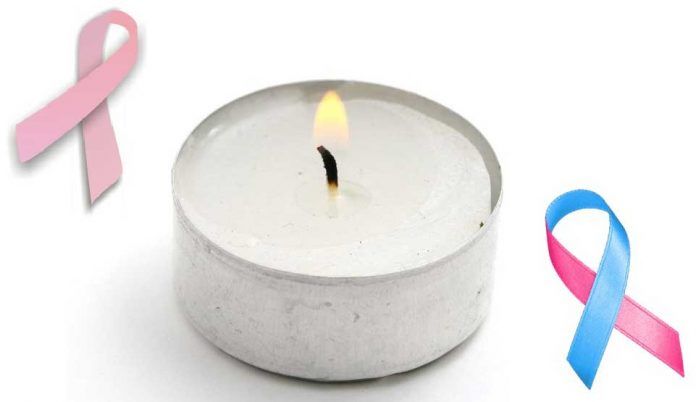Honouring babies gone too soon

October is Pregnancy and Infant Loss Awareness Month. The pregnancy loss movement traces its beginnings to October 1988 in the USA when president Ronald Reagan set October as the month to raise awareness on Pregnancy and Infant Loss.
In his speech, he made an outstanding observation that remains profound to this very day; “When a child loses his parent, they are called an orphan. When a spouse loses her or his partner, they are called a widow or widower. When parents lose their child, there isn’t a word to describe them.”
Society does not, for the most part, know what to do with, how to care for and carry themselves around, parents who have lost their child. What may not be intentional ignorance, however, may come across as insensitivity to a bereaved parent. Below is a list of do’s and don’ts to help you navigate this conversation, and be there for your loved ones:
1.Do acknowledge the loss
Acknowledging the loss helps the bereaved “accept” the death of their loved one, which paves the way for healing. It also validates their pain.
Use the following statements to comfort and talk to someone who has experienced loss:
“I am so sorry for your loss.”
“I know nothing I say can take away your pain, and I can’t fully understand what you are going through. Please know I am thinking of you and your family. When you are ready, let me know how I can help.”
2.Do show concern
This lets the bereaved person know that you are there for them, and that they can rely on you whenever they need to.
“I am here for you anytime you need to talk.”
“If you need anything, do not hesitate to call.”
“If you don’t feel like talking, I can just sit here with you and keep you company.”
3.Don’t say:
“You now have an angel in Heaven.”
“You are still young, you can always have more babies.”
“Everything happens for a reason.”
“It’s better it happened now than later.”
“Be thankful for the kids you already have.”
Losing a baby, at any stage, is difficult for everyone. Let us not ignore this pain. Constant reassurance, giving each other time and space to grieve and heal properly will help in the end. It is also important to note that everyone grieves differently. Let us respect that.
To all the babies gone too soon, you are warmly thought of and cherished. You live on forever in our hearts. To all the families going through this, Parents sends you strength, peace and love.
Support groups such as Still A Mum, helps provide psycho-social support to parents who have gone through pregnancy and infant loss. You can find them on Instagram @stillamum or check out their website on www.stillamum.com/




